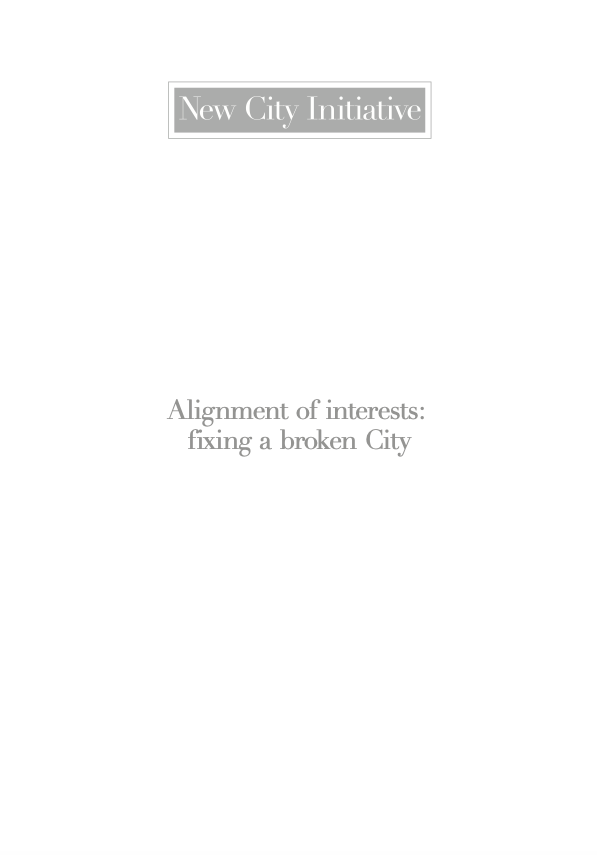The NCI brings together a group of privately-owned wealth and fund managers that have a track record of driving innovation and high standards in this key section of the country’s financial landscape. Collectively, this group manages approximately £150 billion and employs several thousand staff. We form part of the essential bridge between savers and investors on one hand and, on the other, the many wealth and employment creating companies that are dependent on external investment for their success.
Our focus is naturally on highlighting our collective experience of what works in our own industry sector, what will ensure its continued success, and what will harm it, but we believe the same principles and lessons will also have relevance to other types of City institution, to which we are bound by our many overlapping interests and a shared reputation.
A central part of our function is the management of financial risk on behalf of clients. Risk is an inherent factor in the investment process, and it is risk that helps bring about the efficient allocation of the nation’s capital to the most productive and wealth-generating companies and activities. This provides benefits to both government and society as a whole. However while risk-taking in its many forms is the engine of economic growth, to be a force for good it must be managed appropriately, professionally and ethically.
The recent financial crisis has led to renewed focus on curbing what many have regarded as excessive risk-taking in specific areas by financial managers. The reputation of the City has been damaged by recent events, and its governance and actions are under unprecedented scrutiny. We aim to become an active participant in the resulting discussions over the coming months.
Regulation has an essential role of course, and we welcome and benefit from appropriate and effective regulation. However members of the NCI do not believe that the prescriptive drift in the current reform debate will impact effectively upon excessive risk taking.
Therefore above and beyond reviews of regulation we believe that there is a need to address the culture and guiding principles by which financial services companies operate. In other words, the starting point for tackling perceived excess should be the reinvigoration of some basic principles of good governance.
We focus here on one core principle, the desirability of ‘alignment of interest’ between market participants. This is a tool which can limit the likelihood of making bad investment decisions which harm individual savers and the financial system in general.

